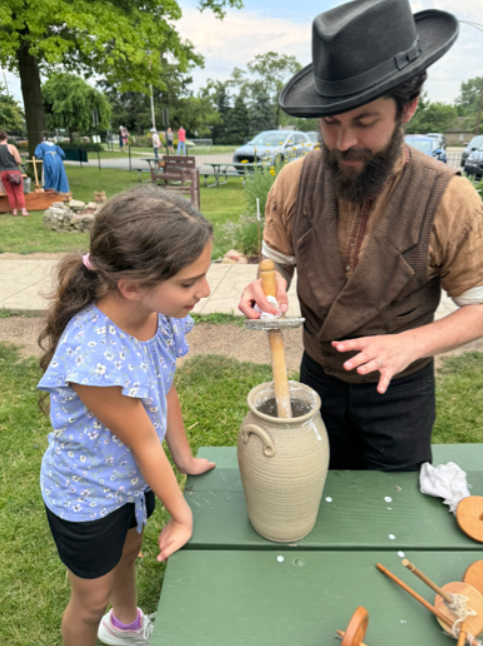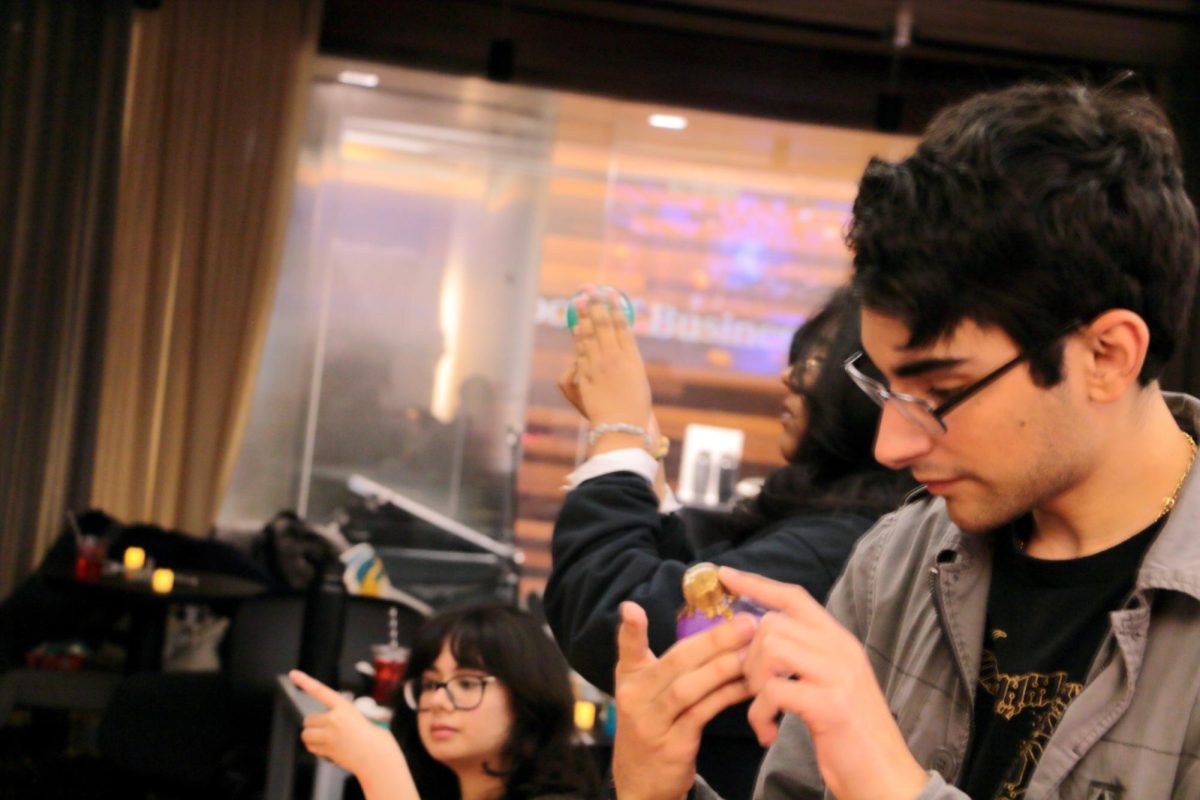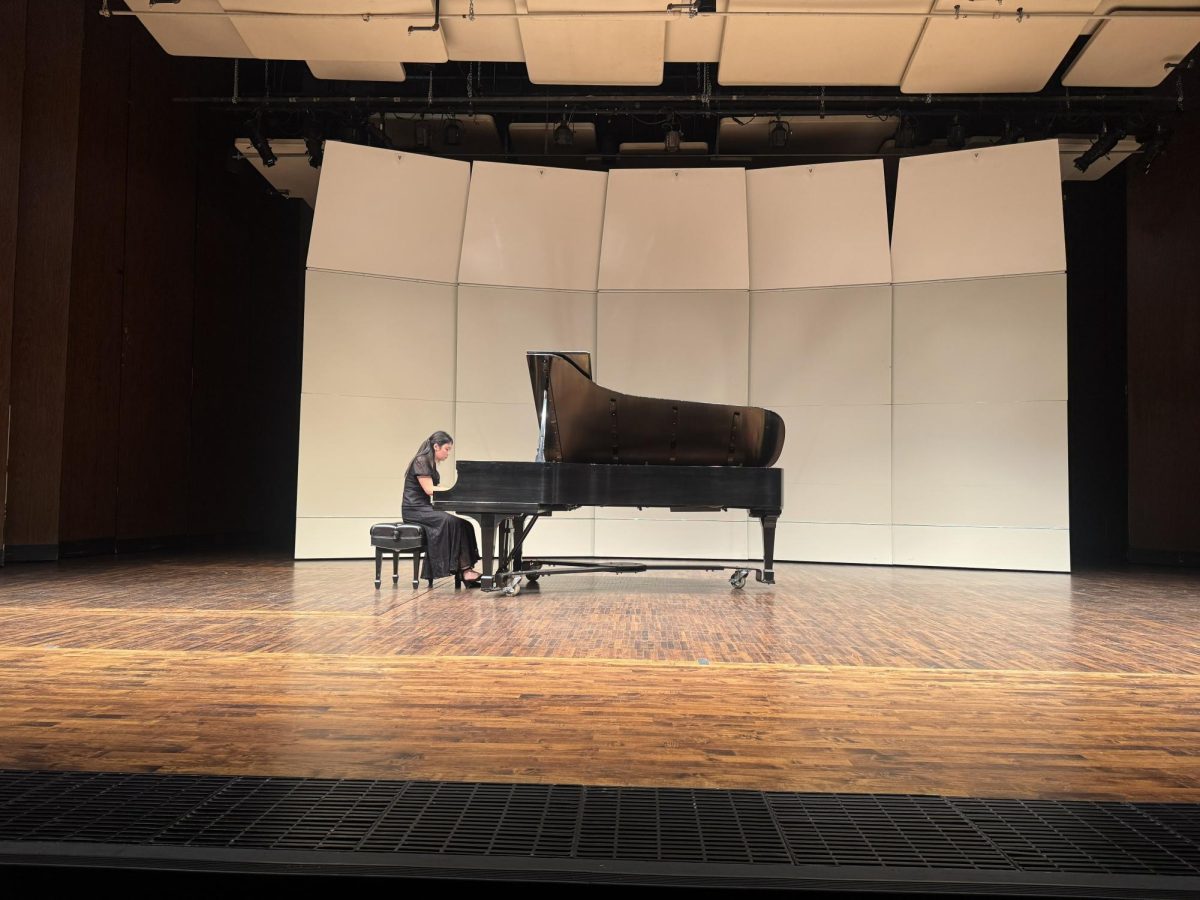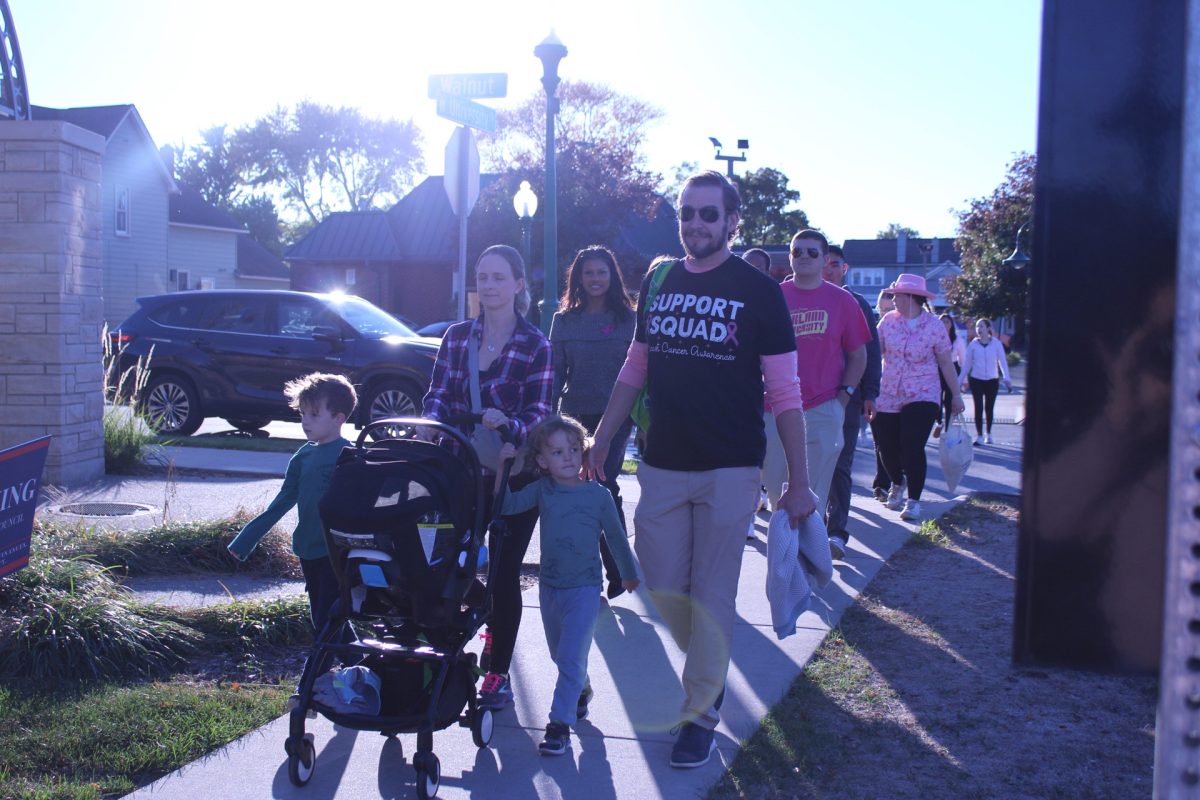Employment for Anthropology majors is projected to grow 8% by 2033, a faster-than-average rate for most careers. Thus, Oakland University alumni shared their insights and tips for exploring diverse career opportunities with an Anthropology degree.
Anthropology is the study of the interaction of human biology and cultures and their developments. OU offers an Anthropology major and three minors, including a general minor and two focusing on the subfields of Archaeology and Applied Geographic Information Science, plus the interdisciplinary Archeology Concentration with Art History. Anthropology provides an understanding of other cultures and skills that lead to jobs in archaeology, museums, tourism, businesses, medicine, forensics and government.
“I, for three weeks, was a human resource management major,” Ashley Ross, Oakland University alumni and Associate Director of Marshall M. Fredericks Sculpture Museum, said. “With archeology at OU, I realized very quickly I didn’t like digging in the dirt, which sounds absolutely silly, but it’s very necessary if you’re going to be doing archeology.”
Thus, Ross decided for an Anthropology degree, transitioning from the excavation site to the museums, still dealing with artifacts and history. Explaining how artifacts reflect and interact with human history is one of Ross’ favorite aspects of anthropology, she said.
“At OU I was able to do very high-level work as an undergrad,” Ross said. “I actually started my first museum job at the Scripps mansion in Lake Orion. I was able to do some excavation work there, but also I spent a couple of years there as a collections assistant, learning about the house and caring for different types of material culture within.”
“Ashley gained employment at this museum after conducting her fascinating service-learning experiential research project at the Scripps mansion for my historical archaeology course,” Anthropology Professor Suzanne Spencer-Wood said.
Spencer-Wood explained that anthropology is not only important to developing diverse careers but also for understanding people from diverse cultures in the age of globalization. She points to medicine and even politics as fields of study influenced by anthropology.
“The great thing about degrees in Anthropology is that you are given a very desirable skill set that can be applied to a lot of different fields.” Alex Konieczny, an Anthropology OU alumni and Youth Programs Director for the Troy Historic Village, said. “I know Anthropology majors working in everything from corporate healthcare to museums to doing social work. I would say that opportunities are better than a lot of people think.”
“I started volunteering [at the Troy Historic Village] because I wanted to get some experience that was at least adjacent to my degree path and fell in love with the place and museum work in general,” Konieczny said. “In terms of my degree helping with my career – I wouldn’t have my position without it. Some of it is the skills I developed, of course, but like many places, the Historic Village requires a degree in Museums, History, or a related field – Anthropology is considered a related field.”
“Part of Alex’s volunteer work included his excellent service-learning experiential research project identifying the styles of furniture at the Troy Historic Village for my historical archaeology course,” Spencer-Wood said.
Both Ross and Konieczny characterized OU’s anthropology program as career-driven, in other words, the programs and faculty are focused on giving students skills they can develop and diversify to accommodate their desired career path.
Spencer-Wood pointed out that students interested in non-human primates are employed at zoos and research facilities to understand how humans evolved from primates. Alongside the less common job outlets for anthropologists, academic employment at universities is also possible for all specializations.
“Anthropology has, at least in my experience, set me up to be able to work in a variety of different institutions, organizations, as well as interact with populations cross-culturally,” Ross said, echoing Spencer-Wood’s teachings. “It strengthens your empathy, which I think is critical in today’s world, in understanding school and understanding the workforce, and just in understanding your neighbor, and I have never once regretted getting an anthropology degree.”
To learn more about the Anthropology major at OU, please visit the Department of Sociology, Anthropology, Social Work and Criminal Justice website.






